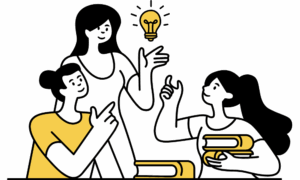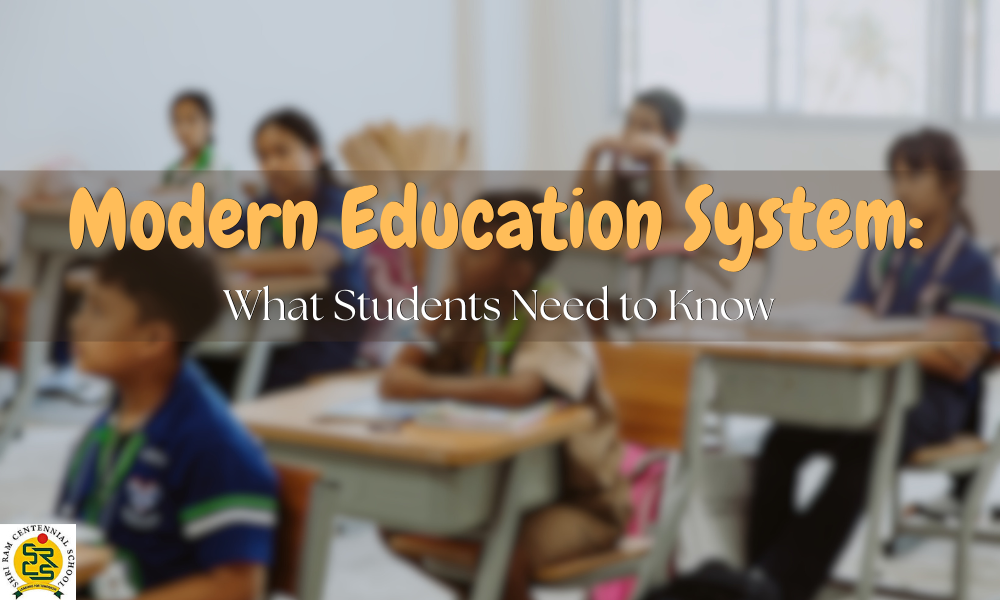The role of a debate competition in nurturing student development goes far beyond sharpening public speaking skills. It encourages critical thinking, builds self-confidence, and prepares students to engage with real-world issues effectively.
Many progressive Schools in Dehradun have integrated debate competitions into their academic calendar, understanding their deep impact on shaping articulate, informed, and socially aware individuals.
Understanding Debate Competitions

What is a Debate Competition?
A debate competition is a structured academic exercise where students present arguments for and against a given topic. Participants research the topic, organize their thoughts, and express their views logically while also responding to opposing arguments.
These events often follow formal rules and time limits, teaching students discipline and organization.
Participating in a debate competition early in school life can be transformative. It cultivates essential skills such as self-expression, composure under pressure, and the ability to view issues from multiple perspectives.
Formats of Debate Competitions
Debates can take various forms: Oxford-style debates, parliamentary debates, Lincoln-Douglas formats, and panel discussions. Each format emphasizes specific skills such as persuasive argumentation, collaboration, or impromptu thinking.
Academic Benefits of Debate Competitions

Enhances Research and Analytical Skills
To participate effectively in a debate, students must delve deep into the topic. They need to gather evidence, evaluate sources, and analyze different viewpoints. This strengthens their research and analytical skills—skills that are transferable across subjects like science, history, and literature.
Boosts Critical Thinking
Debates demand logic. Students must not only present coherent arguments but also predict and counter opposing views. This sharpens their ability to assess arguments and spot flaws in reasoning, improving their overall cognitive ability.
Improves Academic Performance
Regular engagement in debate competitions is linked to better performance in reading comprehension, writing, and logical reasoning. The practice of building strong, evidence-backed arguments enhances academic rigor in other areas.
Personality Development Through Debate

Builds Confidence and Eloquence
Standing up in front of peers and articulating a viewpoint can be daunting. However, students who regularly engage in debates learn to conquer stage fright. With each debate, they gain confidence and become more eloquent communicators.
Encourages Self-Discipline
Debating requires preparation, practice, and poise. Students must manage time, stay focused, and stick to structure—qualities that reinforce self-discipline and reliability.
Enhances Emotional Maturity
Debates sometimes touch on sensitive or controversial topics. Engaging in respectful discourse helps students build empathy, understand differing opinions, and respond with emotional intelligence.
Social and Interpersonal Growth

Fosters Teamwork
In most formats, debate competitions involve teams. Students must work closely with their teammates, divide research tasks, and support each other’s arguments. This experience builds collaboration and cooperation.
Cultivates Leadership
Roles like team leader or primary speaker teach responsibility and decision-making. Students gain hands-on leadership experience and learn how to manage both people and ideas effectively.
Promotes Respectful Dialogue
By participating in structured arguments, students learn to disagree respectfully and avoid personal attacks. They practice active listening and fair-minded communication—skills critical for a healthy democracy.
Real-Life Applications

Prepares for Future Careers
Skills honed in a debate —public speaking, critical thinking, quick reasoning—are valuable in many professions, including law, politics, teaching, journalism, and management. Students also become better negotiators and presenters in everyday life.
Enhances College Applications
Participation in debate competitions shows initiative, intellect, and commitment. College admissions committees often view debaters favorably, as it reflects a well-rounded, articulate, and analytical candidate.
Promotes Civic Engagement
Debaters stay informed about current affairs, social justice, and policy matters. They are more likely to vote, volunteer, and engage in their communities as adults.
Role of Schools and Teachers

Regular Debate Sessions
Schools should host monthly or term-based debate competitions to make the practice consistent. Integrating debates into classroom activities—such as discussing opposing viewpoints during literature or social studies lessons—also promotes debate culture.
Organizing a debate competition around current national or local issues can make learning more relevant and engaging.
Teacher Mentorship and Training
Teachers play a pivotal role in helping students develop debating skills. They guide research, refine arguments, offer feedback, and instill ethical communication practices. Training teachers in debate facilitation can have a long-term impact on school culture.
Inclusivity and Encouragement
Not all students are natural speakers. Schools should make debate competitions inclusive, offering introductory workshops, peer mentoring, and non-competitive events to encourage broader participation.
How to Prepare for a Debate Competition
-
Choose a topic wisely: Understand both sides of the argument
-
Do thorough research: Use books, academic journals, and verified online sources
-
Practice public speaking: Rehearse in front of a mirror or friends
-
Build logical structure: Start with strong points and end with compelling conclusions
-
Be respectful: Disagree with ideas, not people
Conclusion
A debate is more than just an academic contest—it’s a powerful tool for holistic student development. From improved thinking and communication to emotional and social maturity, the benefits are immense and lasting.
As seen in many Schools in Dehradun and beyond, promoting debate competitions equips students with the confidence and competence to face challenges both inside and outside the classroom.
Encouraging this practice ensures that education isn’t just about memorizing facts, but about learning how to think, question, and lead.











I couldn’t agree more that debate competitions go beyond public speaking. The critical thinking and self-confidence students gain from these experiences are invaluable and help them become well-rounded individuals ready for the real world.
What I love about debate competitions is how they teach students to engage in respectful discourse. In a world that often seems divided, fostering the ability to listen and debate effectively is invaluable.
This post hits on a key point—critical thinking. With so much information coming at students today, learning to analyze and form reasoned opinions through debate is more important than ever.